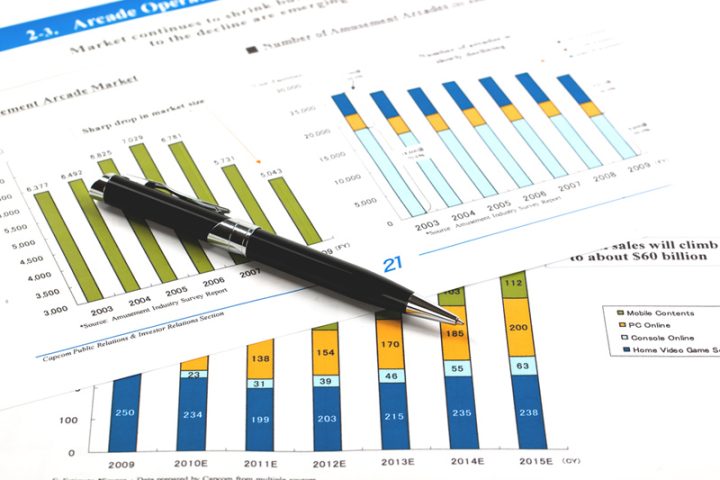Morgan Stanley’s team has issued a warning that sustained oil prices at $110 per barrel could destabilize India’s economy and potentially force the Reserve Bank of India (RBI) to restart its rate hike cycle. The warning comes as India, being a major global consumer of Crude, faces significant exposure to oil price volatility.
According to the financial services firm, a $10 increase in oil prices could result in a 50 basis point inflation rise and a 30 basis point expansion in the current account balance. If prices surpass $110 per barrel, it could lead to higher domestic fuel costs and subsequent inflationary effects. This scenario would push the current account deficit beyond the comfortable 2.5% of GDP and cause currency depreciation pressures, necessitating RBI’s interest rate hikes.
Although the RBI has maintained its policy rate four times so far and shown a hawkish stance as inflation exceeds its 4% target midpoint, it might need to revisit this policy due to the inflationary pressures arising from oil price fluctuations. The bank’s projections are based on an oil price of $85 per barrel for the second half of the fiscal year ending March 2024. However, if oil prices continue to surge, the RBI may adopt a cautious approach towards interest rate cuts to preserve macroeconomic stability.
Contrary to RBI’s projection, Morgan Stanley forecasts a more manageable average oil price of $95 per barrel. The financial services firm believes that India could better manage sustained oil prices around this level.
The report also highlighted that foreign direct investment (FDI) declined from $70 billion in Q2 2021 to $33 billion in Q2 this year. Despite this drop, India’s share of global FDI flows has increased, rising to 4.2% in Q1 this year.
Lastly, Morgan Stanley pointed out that the upcoming elections pose a significant risk with the potential emergence of a weak coalition government. Such a scenario could prioritize redistributive policies over boosting capital expenditure and implementing supply-side reforms, adding another layer of uncertainty to India’s economic outlook. This shift towards redistributive policies could further impact India’s capital expenditure and supply-side reforms, thereby exacerbating the economic challenges posed by the oil price volatility.
This article was generated with the support of AI and reviewed by an editor. For more information see our T&C.
Read the full article here






